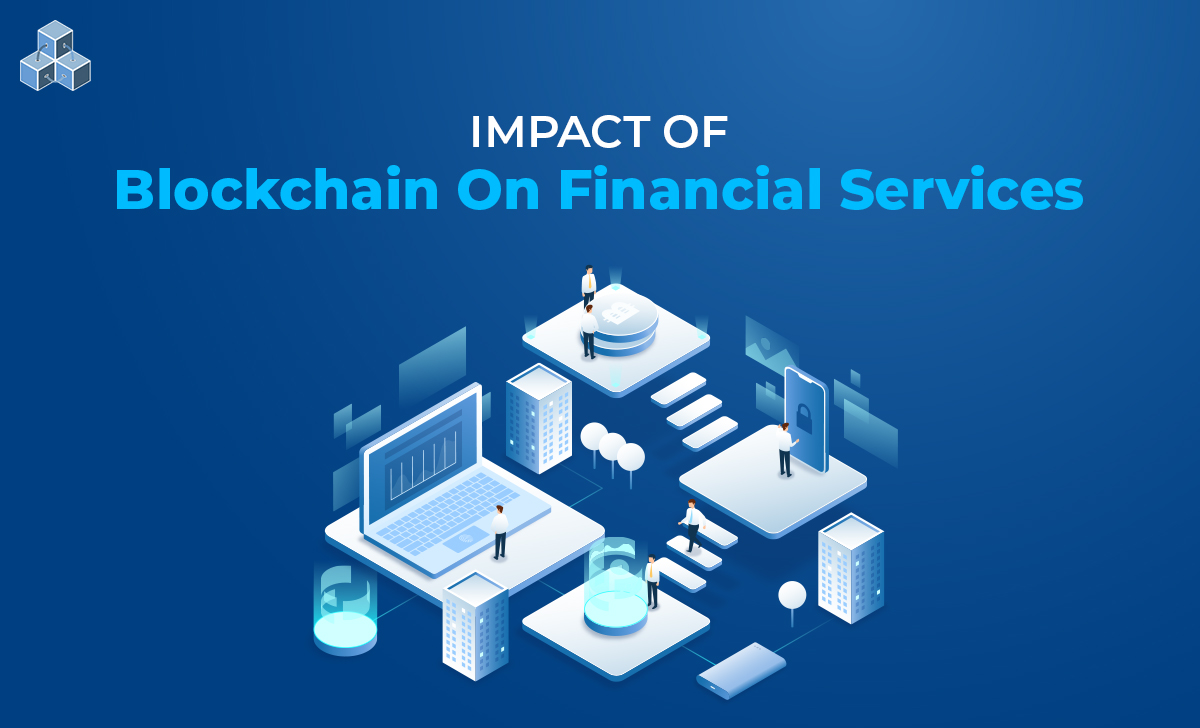Introduction
Blockchain has risen as a disruptive influence in the financial service industry. Blockchain technology is revolutionizing traditional methods and redefining how we transact, store values and manage our assets. The decentralization, transparent and secure nature of blockchain holds the prospect to re-invent the different aspects of traditional financial services, from transactions to lending services to identity management and regulatory compliance. It eventually allows regulators and other users to examine records on their own, speeding up the transaction and the audit process. In this blog, we will explore the impact of blockchain on traditional financial services and discuss its key features, benefits and implications.
Benefits For Financial Services
Blockchain holds the potential to revolutionize the financial industry with its transparent feature, less liable to fraud and cheap for customers.
- Enhanced Security and Fraud Prevention:- Blockchain offers a decentralized and tamper-evident ledger system with enhanced security features and reduces the risk of fraud in financial transactions. It records and ensures that once a transaction is documented cannot be altered and provides a high level of virtue and transparency. It helps strengthen the security of the data while reducing the possibility of unauthorized actions and protects against identity thefts, cyber attacks and frauds.
- Smooth Payments and Settlements:- Blockchain enables fast, efficient, smooth and low-cost payment and settlement methods. Traditional service for cross-border transactions involves multiple intermediates, which causes delays and high costs. In Blockchain, transaction settlement is directly between parties eliminating the need for any third-party and reducing cost and settlement time. It benefits businesses and customers, enables instant transactions and improves liquidity management.
- Cost Reduction:- Blockchain is a decentralized platform and dismisses the part of third-party in financial services. It enables peer-to-peer transactions and removes the need for intermediates such as banks. It also reduces the cost of transaction fees, processing and administration. It encourages more efficient and accessible financial services.
- Improved Identity Management and KYC:- Blockchain delivers a secure and decentralized platform for identity management and KYC (Know Your Customer) process. You can leverage Blockchain’s features so customers can manage their digital identities and reduce the risk of individuality theft. Blockchain offers solutions to enable streamlined and secure KYC, allowing financial institutes to verify their identities efficiently.
- Smart Contracts:- Blockchain technology enables self-executing smart contract development services that automatically execute terms when predefined conditions satisfy. It eliminates the need for third-party, reduces transaction costs, and offers transparency and trust in contract execution. The technology delivers services for various applications such as insurance claims, trade finance, and supply chain management.
- Access Various Investment Opportunities:- Blockchain offers various investment opportunities and holds the potential to revolutionize access to capital. With Initial Coin Offering and Security Token, blockchain allows companies to raise funds from investors. It opens various investment opportunities to a broad range of investors and enables liquidity for digital assets.
- Regulatory Compliance and Auditability:- Blockchain offers a transparent and immutable feature to help in compliance and audibility in financial services. Regulators have real-time access to data stored on the blockchain, which allows efficient monitoring and enforcement of regulations. The cryptographic features ensure data virtue prevents tampering and enhances the transparency of the financial system.
- Asset management:- Managers face challenges enhancing risk management, cost-cutting, and keeping up with the increasing complexity of regulations. Blockchain assists by automating fund launching, administration and transfer. It allows you to program voting and shareholder rights & other responsibilities. It helps reduce human error and improve governance as well as transparency in the system.
- Insurance:- Insurance firms face challenges to keep up with the pace and complexity of regulatory change. Blockchain can automate claim processing by using smart contracts. Blockchain secures data verification by providing authentication of documents and KYC data. It can enable better risk management and reduce processing times significantly. It can lead to a customer-centric and efficient process benefiting insurers and policyholders.
Conclusion
Blockchain technology is impacting financial services and is profound and far-reaching. As the financial industry continues to grow around the digital era, blockchain technology plays a vital role in shaping the future of its ecosystem. From robust security and streamlined payment systems to modernizing regulatory compliance, blockchain holds the potential to change traditional business models and practices. Welcoming blockchain in financial services can drive operational excellence and provide better services in this digital age.
We are a blockchain development company providing innovative and customized blockchain solutions. Connect with us today to leverage our blockchain development services.
 info@blockcoders.pro
info@blockcoders.pro
 Our global presence :
Our global presence :
 |
|
 |
|
 |
|


